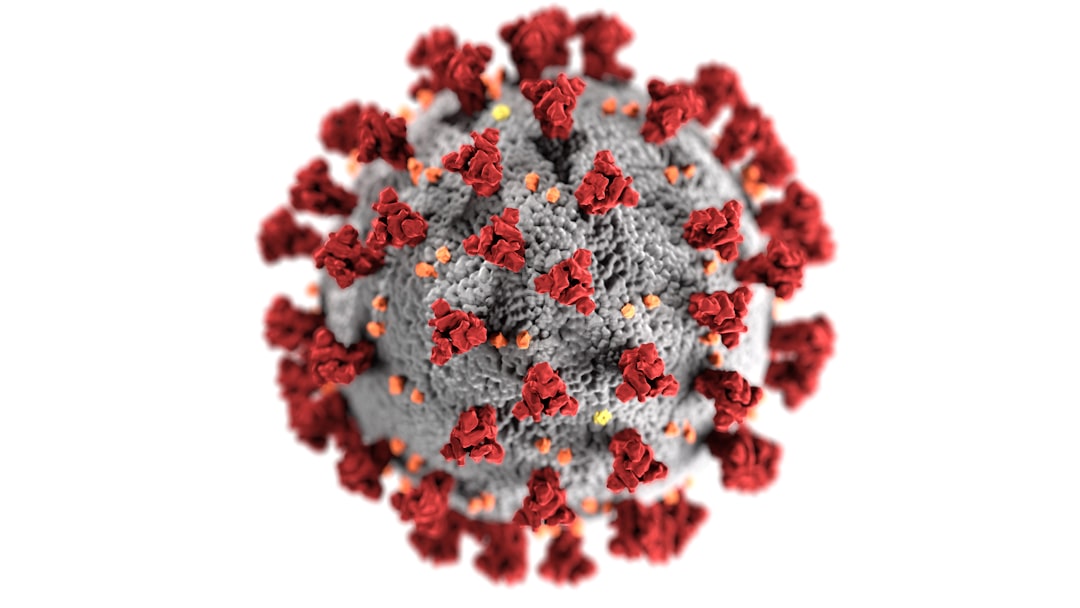What is it about?
Three major barriers function to maintain Central Nervous System (CNS) homeostasis: the blood-brain, blood-CSF, and blood-meningeal barriers. These barriers markedly restrict transport of ions, small molecules, macromolecules, and leukocytes into the CNS to maintain a milieu suitable for neuronal function. Clostridium perfringens epsilon toxin is associated with Multiple Sclerosis, an inflammatory demyelinating disease of the CNS. In this publication we show that blood borne epsilon toxin selectively binds to the luminal surface of CNS endothelial cells but not to endothelial cells comprising the vascular beds of other organ systems – this accounts, in part, for the neurotropism of epsilon toxin. We show that epsilon toxin induces blood-brain barrier dysfunction, which has multiple consequences including permeability to molecules such as immunoglobulins.
Featured Image

Photo by CDC on Unsplash
Why is it important?
Multiple sclerosis (MS) requires an environmental trigger for new lesions to form. Lesions are regions of demyelination and inflammation in the brain and spinal cord that result in symptoms such as blurred vision, weakness, sensory loss, pain, and imbalance. Given that epsilon toxin is associated with MS and that it specifically targets the blood-brain barrier, epsilon toxin is a biologically plausible candidate for triggering new lesion formation in MS.
Perspectives
This work provides evidence for how a gut microbe and a toxin it produces, can specifically target the CNS and compromise the integrity of the blood-brain barrier.
timothy vartanian
Weill Cornell Medical College, Cornell University
Read the Original
This page is a summary of: Clostridium perfringens epsilon toxin induces blood brain barrier permeability via caveolae-dependent transcytosis and requires expression of MAL, PLoS Pathogens, November 2019, PLOS,
DOI: 10.1371/journal.ppat.1008014.
You can read the full text:
Contributors
The following have contributed to this page










